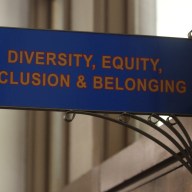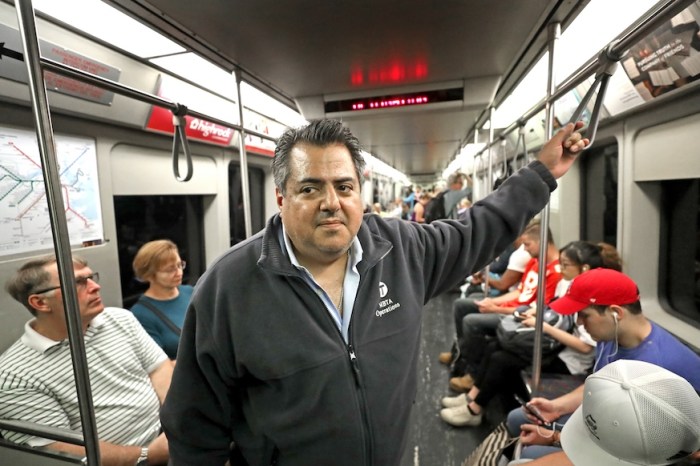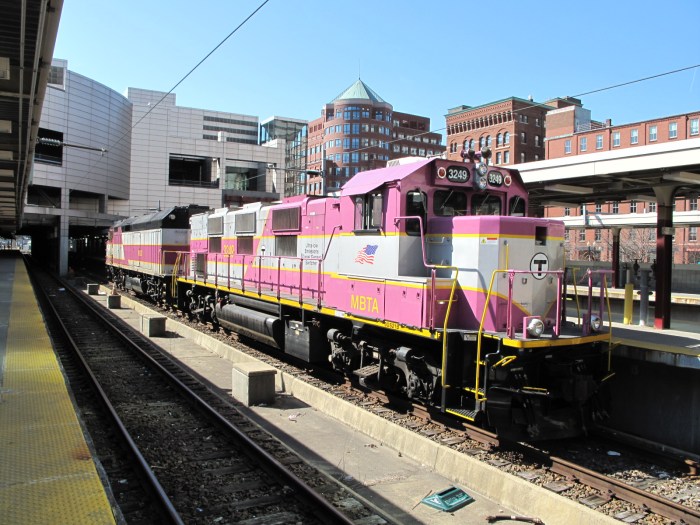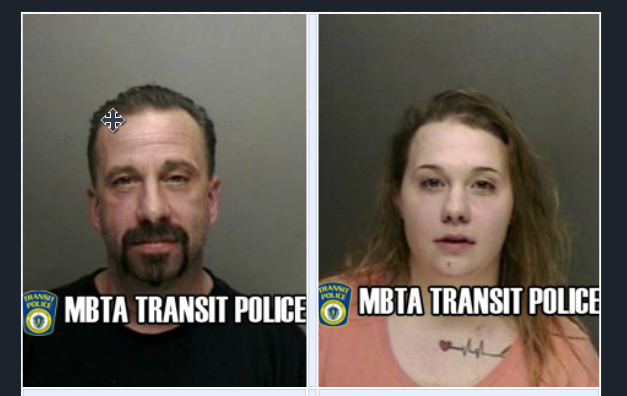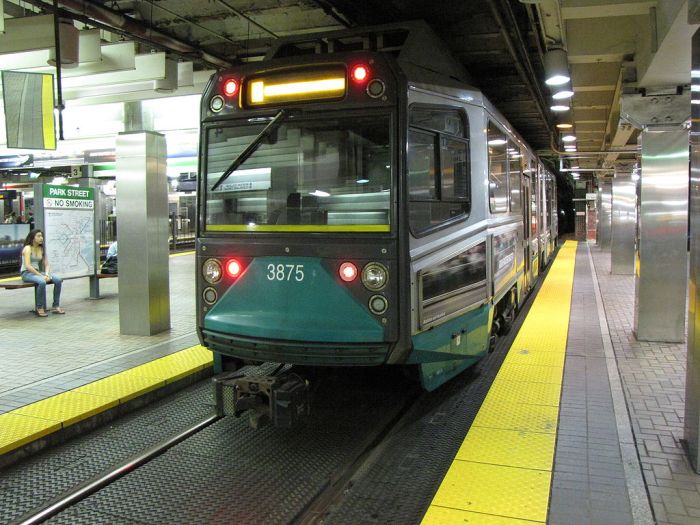In a battle pitting commuting option against commuting option, the electric bicycle has emerged victorious.
Seven commuters squared off after work Monday for the fourth installment of Boston’s Rush Hour Challenge (previously known as the Rush Hour Race), traveling from MassDOT headquarters in downtown Boston to Davis Square in Somerville. Three rode bikes (the electric bike, a Hubway, and a good old-fashioned commuter bicycle), one took the train, one walked, one ran, and one got behind the wheel of a car.
But it was Gabriela Ziritt Hauser who got to the finish line first, completing the challenge in 28 minutes.
RELATED: Cyclists hit the road for Boston’s Bike to Work Day
“The ride went pretty good I think,” said Hauser, who’s been riding a souped up cycle for three years on her commute to South Boston from Brighton.
It’s her preferred form of transportation, she said, because it’s much quicker than taking the T. And because she doesn’t have to pedal much, she doesn’t have to worry about showing up to the office covered with sweat. But never mind who won, because that’s beside the point.
“We actually took the word ‘race’ out on purpose, because we want to highlight more the challenge of getting around the city,” said Stacy Thompson, deputy director of the LivableStreets Alliance, an organization that advocates for policies that favor bikers and pedestrians as well as cars. RELATED: Cambridge company creates electric wheel for almost any bicycle That’s because no matter who got to the finish line at a Davis barbecue joint first, organizers hope that it’s Boston that can win in the long term.
Sure, it’s a competition, but it’s only tongue in cheek. There’s already enough animosity on the road to go around.
“The ultimate message is that it’s time for us to tear down the invisible barriers between modes in municipalities. Oftentimes there’s this really unhealthy conversation that bikes are against drivers, or pitting pedestrians against drivers,” Thompson said. “What we’re trying to say is everyone is just trying to get around, and if we prioritize people’s needs to move around Metro Boston, and we work to make our streets function better regardless of the modes people are using, we’re all going to be happier.”
In past races, cyclists won twice and a passenger on the MBTA won once. RELATED: After deadly crash, a new push to make duck boats safer A lot has changed since the first rush hour face-off in 2012, Thompson said. Alternatives to cars have gained in popularity, buzzwords like multi-modal transit and transit-oriented development have entered the public sphere. Planning efforts are underway, like Go Boston 2030, which focuses on the future of transportation in Boston, or Focus40, which focuses on drafting a capital plan for the MBTA. “We are at, I think, an inflection point,” Thompson said. “So many groups are stepping back and saying, ‘What do we want our cities to be, and how are people going to get around five years from now, 10 years from now, 20 years from now. They’re realizing that, today, our streets kind of aren’t working for anyone.”









